When you are strapped for cash because of unexpected expenses or a large upcoming purchase, a personal loan is an option. Most of us know to run from “loan sharks” and immediately think of movies where borrowers are threatened and intimidated for not paying. However, more and more locations are popping up in Singapore that advertise “licensed” moneylenders. How are these different from loan sharks? Is it just safer to take out a personal loan and borrow from a bank? How do I qualify for a personal loan? This is what you need to know before you make your decision.

Mark Nazh/shutterstock.com
What is a Licensed Moneylender?
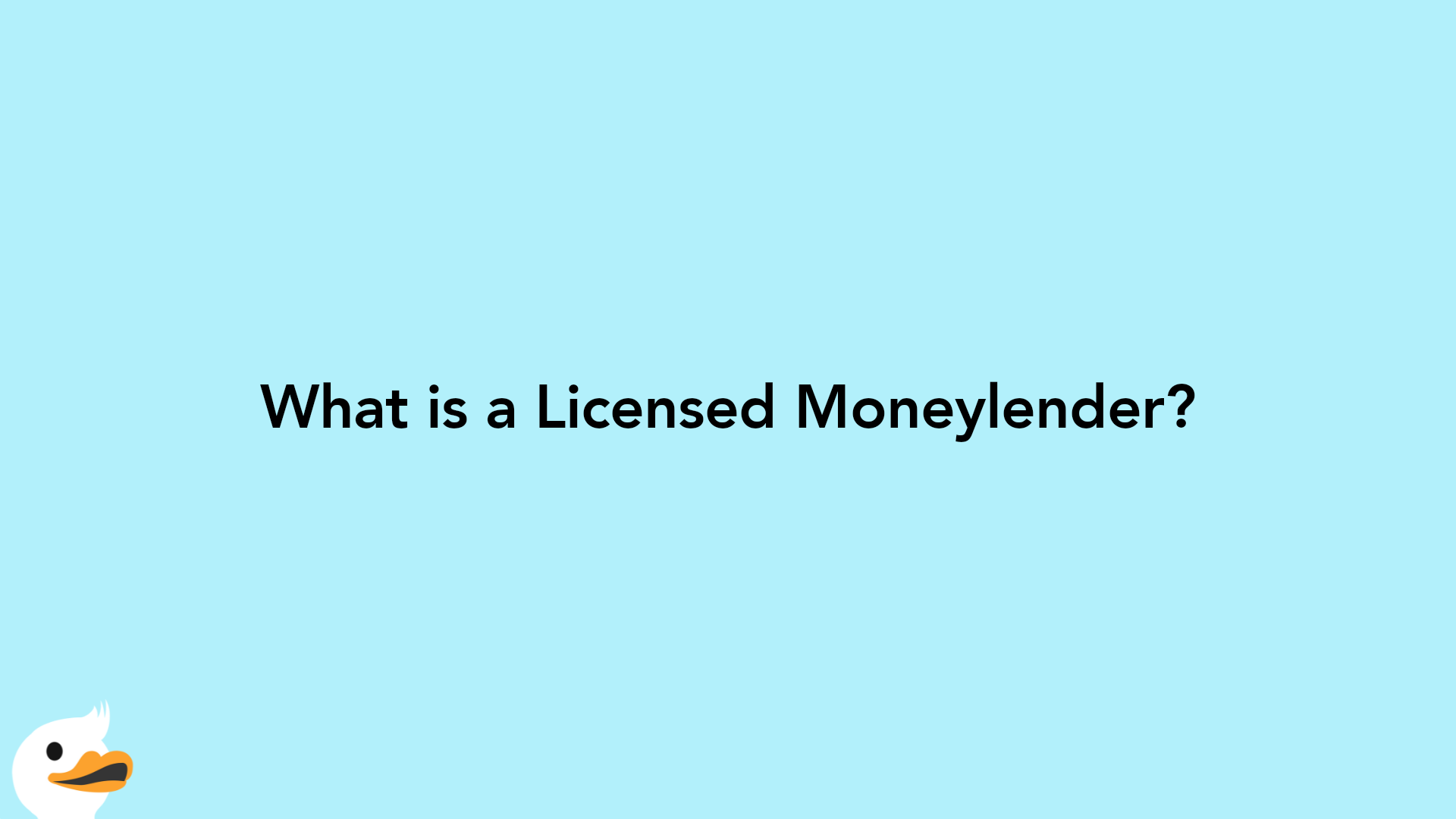
A moneylender is a person or organization whose business is to lend money to others, which is paid back at a higher interest rate. Essentially, it is a private citizen or business that is playing the role of a bank or lending institution. They are known for speedy loan processing, usually within 24 hours. You can apply for a loan in person, over the phone, or even online.
One big difference between a licensed moneylender and a loan shark is that they have been authorized by the Ministry of Law (MinLaw) and have a registration number issued by the Monetary Authority of Singapore (MAS).
You can see the full list of licensed moneylenders on the Ministry of Law’s website. It is important to check the website before you take out the loan. Verify the moneylender’s registration number and name for authenticity. As of January 2019, there are 156 licensed moneylenders in Singapore.
How do Moneylenders Determine a Borrower’s Loan Approval?
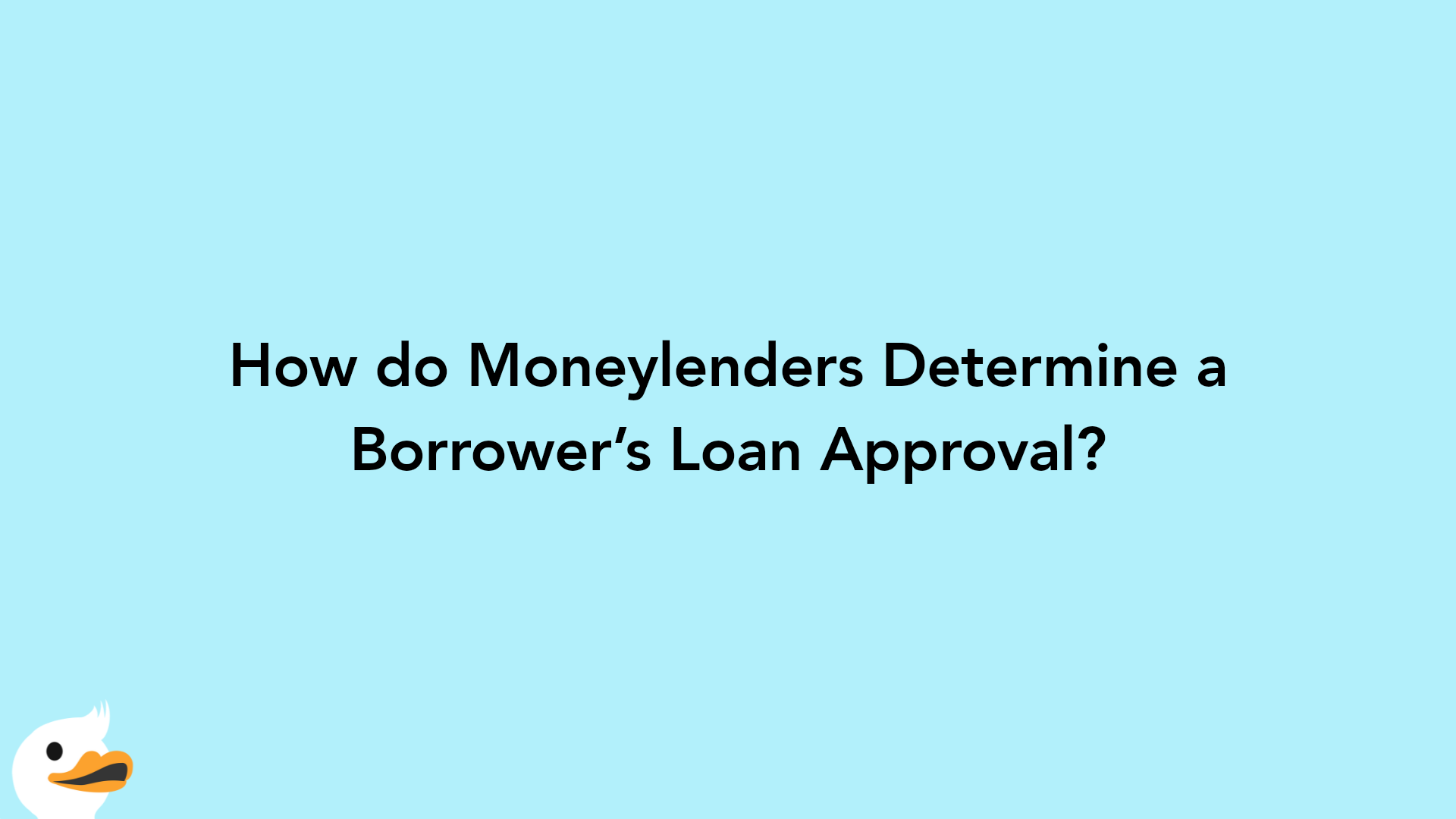
Moneylenders often have higher interest rates than a bank. Their clientele is usually persons who a bank has chosen not to lend money to for a number of reasons, such as their credit score. Moneylenders approve loans to borrowers whose credit profile usually has a higher risk of defaulting.
However, they do not look at your credit history. Instead, they use the Moneylender Credit Bureau, which provides them with current details of the applicant’s creditworthiness and liability. They derive this assessment from data regarding your prior unsecured loans with other licensed moneylenders.
How to Qualify for a Loan with a Moneylender?

Moneylenders have simple eligibility requirements. As stated above, they do not consider your credit history, but use data from the Moneylender Credit Bureau. Additionally, unlike a bank, their employment requirement is not as strict. You mainly need to be employed for at least 3 months and demonstrate a steady source of income. Some lenders do not even require a salary or a minimum length at a current job. Most moneylenders do have an age minimum, as to be expected, of at least 18 years old.
What else do I Need to Know about Moneylenders?
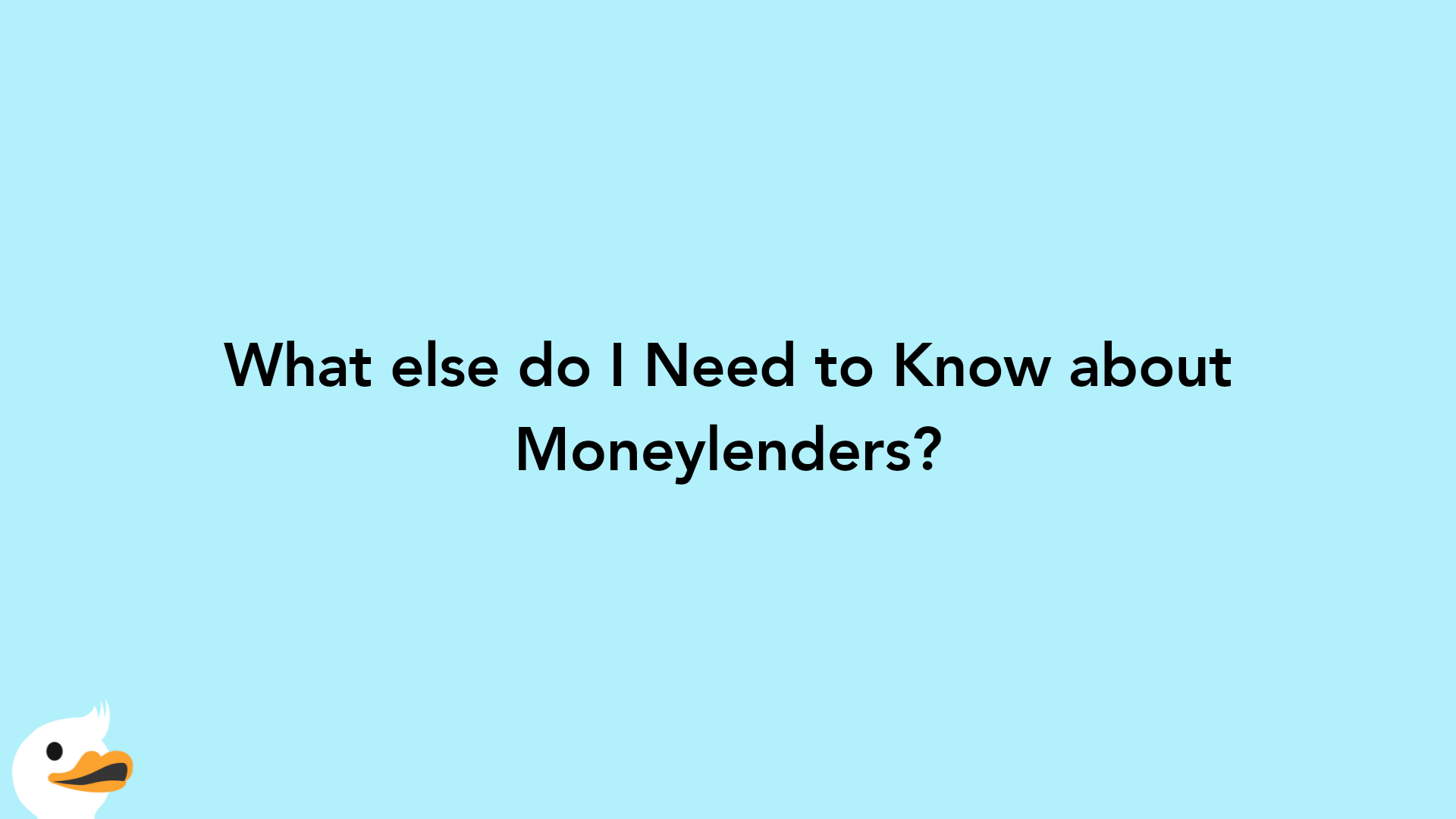
With licensed moneylenders, you have protection. For example, the Moneylenders Act and Rules Singapore imposes a maximum interest rate and a maximum late repayment fee that can be charged. Furthermore, they are not allowed to solicit for loans or unnecessarily contact you via text message or phone calls.
In addition, under the Moneylenders Act, licensed moneylenders are required to inform borrowers of the terms and conditions of the loan, including how interest and fees are calculated and when they are charged. If they fail to do this, they will be guilty of an offense, which if convicted, can face a fine and/or imprisonment.
What is a Personal Loan from a Bank?
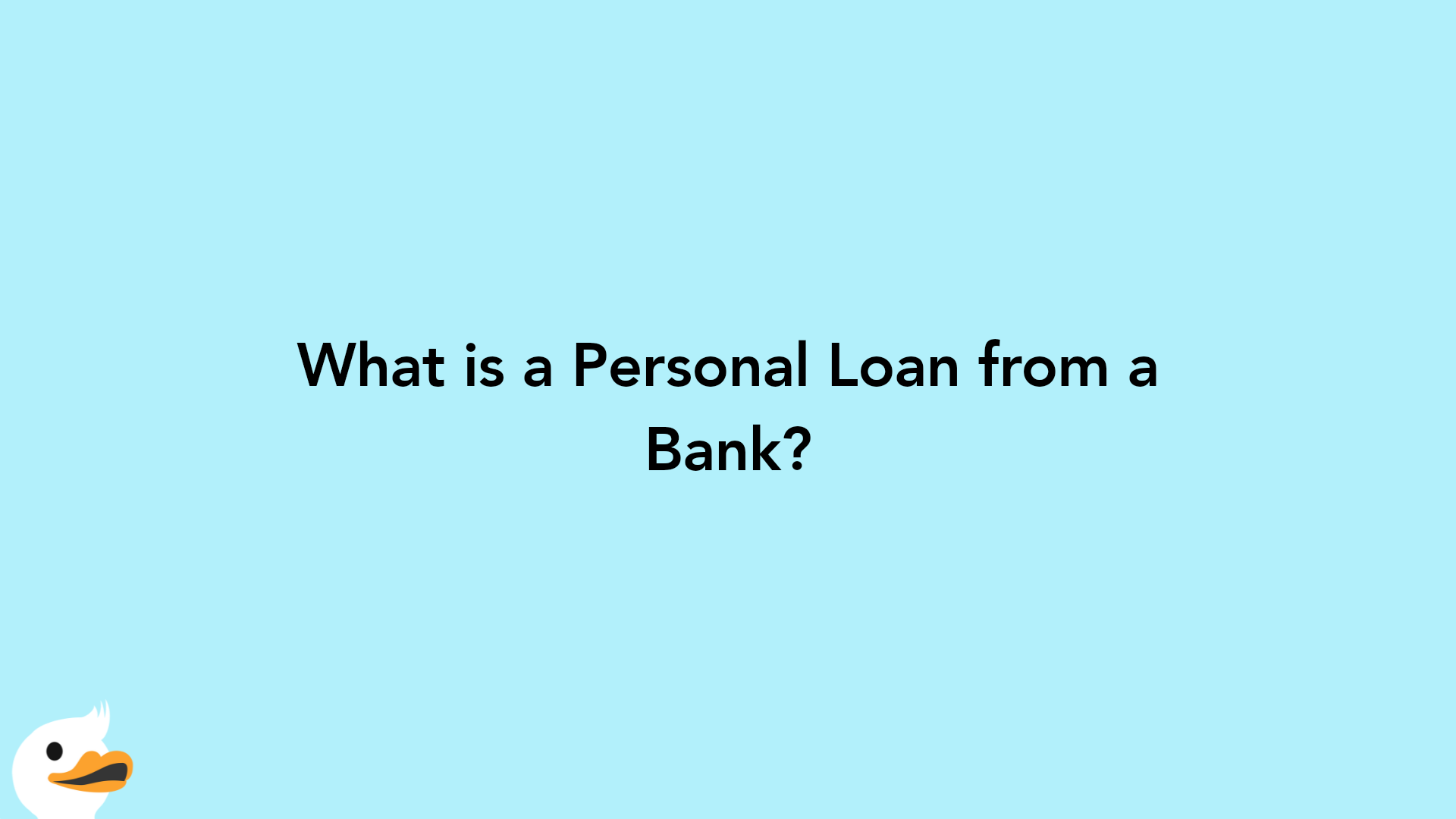
A personal loan is a lump sum advance from the issuing bank. The borrower is expected to pay back the loan amount, plus interest, in fixed monthly installments.
How do Banks Determine a Borrower’s Loan Approval?
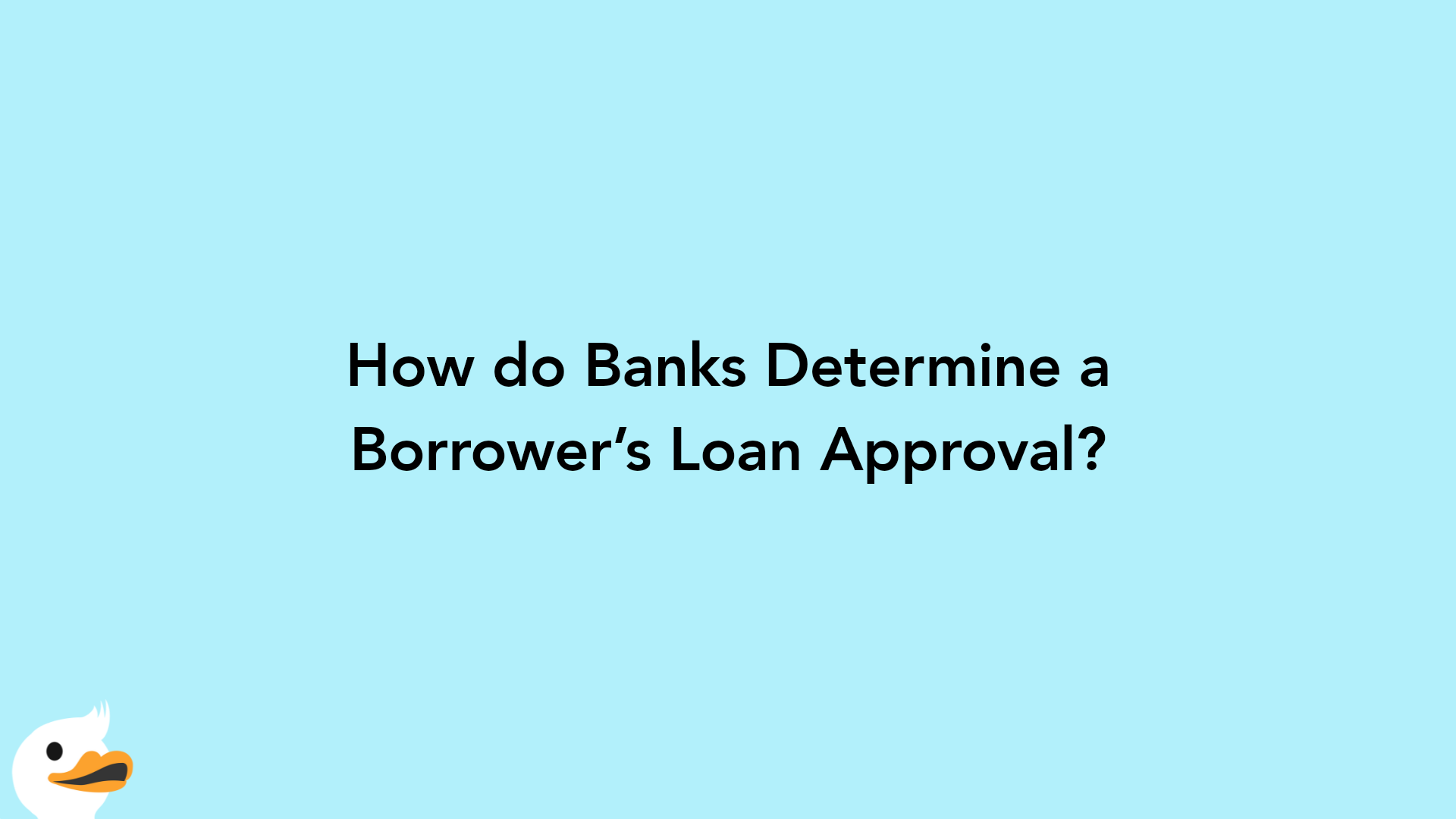
With a personal loan from a bank, you will need to have all your documents in order. Banks have stricter requirements for their borrowers as compared to moneylenders. You will likely need a few forms of legal identification, such as your Singapore National Registration Identification Card or NRIC, passport, and employment pass.
You will need to provide proof of residence by bringing recent utility bills or your apartment lease agreement with your name and address on them. Equally as important, you will need proof of income, such as your payslips and latest income tax notice of assessment. You do not need to produce your credit report because the bank will look this up itself. However, your credit history is incredibly important to determine what kind of interest rate you will get. Each issuing bank has its own list of qualifications and required records for eligibility.
What is the Difference between Borrowing from a Moneylender and Borrowing from a Bank?
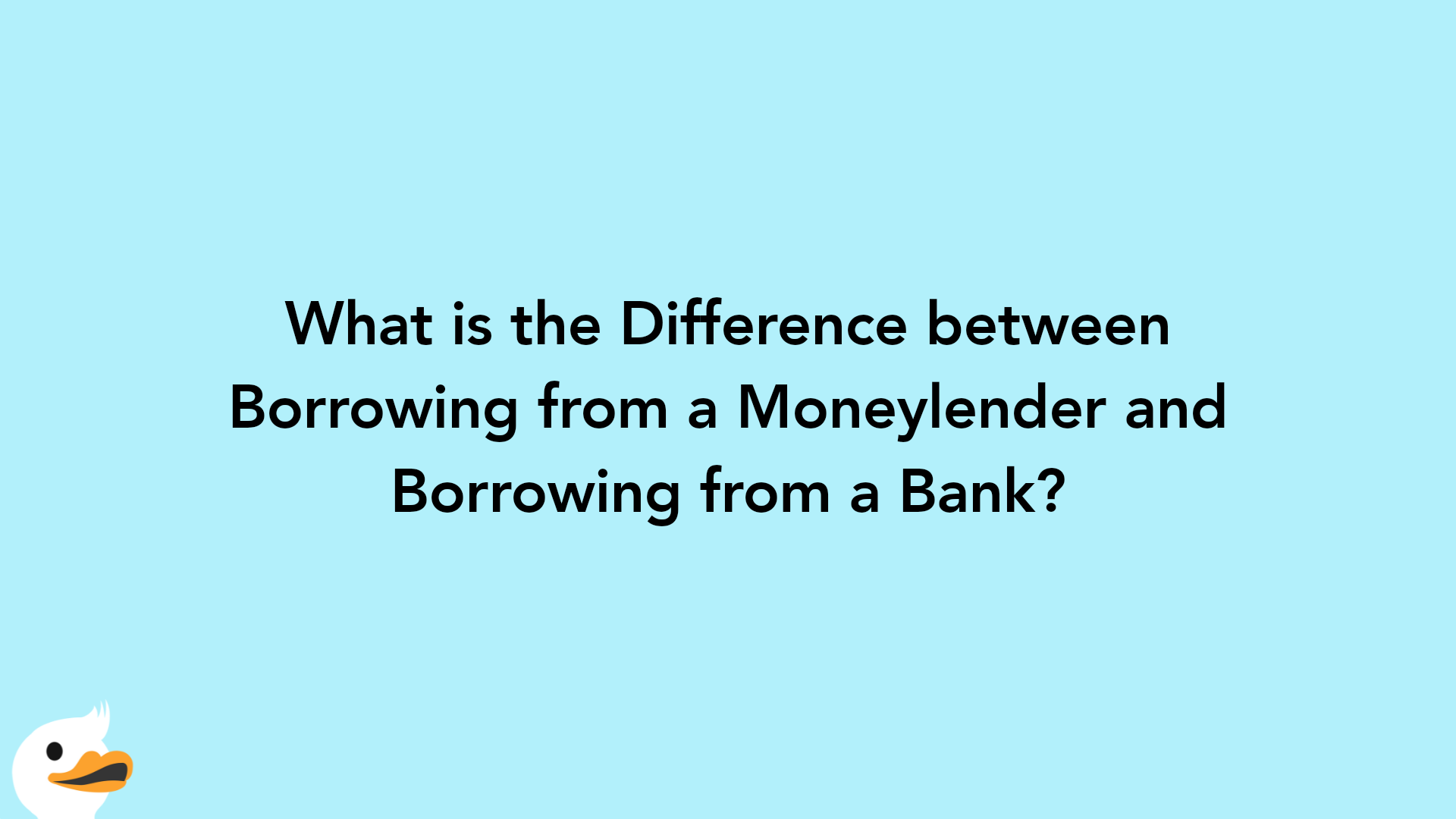
A bank has stricter requirements for loan approval than a moneylender. They are also more conservative about how much money they will approve, in other words, your loan amount. They may also request to know the purpose of your personal loan.
This is to be expected because a bank’s personal loan usually carries a lower interest rate because the borrower’s risk profile is better. A bank’s personal loan is ideal for people who have all their documentation together, have a good credit score, and can wait a few days for the approval process.
A moneylender is a bit more lax when it comes to eligibility. They usually can approve a loan within 24 hours. They can accept higher-risk borrowers with a less than perfect credit profile and as a result, charge higher interest rates on their personal loans. Be sure to use a licensed moneylender, approved by the Ministry of Law. They must abide by the standards and policies set forth by the authorities in Singapore, such as caps on interest rates and fees.
As a result, licensed moneylenders often have competitive rates with a reasonable repayment schedule. A moneylender is ideal for people who may not be eligible for a bank loan and need money fast.
Final Thoughts

Depending on your credit profile, employment history, address history, income, and ability to produce all the proper documents, you will be able to get different quotes from different lenders. Always go for the lowest interest rate with a monthly repayment plan that you can reasonably afford.
However, with your budget in mind, be sure to read all the terms and conditions, including late payment fees and loan tenure. Some lenders are extremely strict and have severe policies for missing or late payments. Overall, there are personal loan options for all types of borrowers. Get quotes from different banks and different licensed moneylenders to see which personal loan package is the best for you.








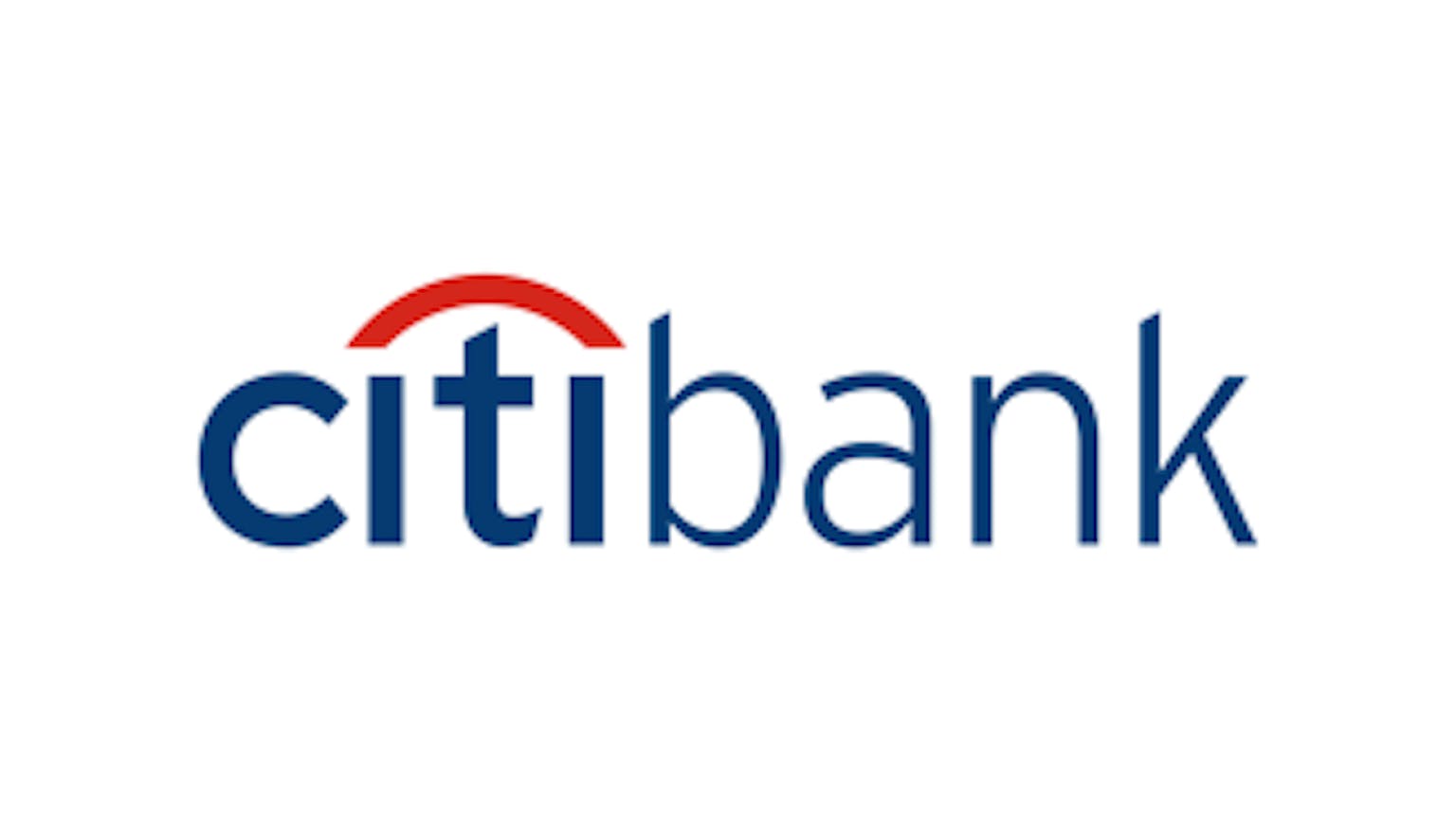



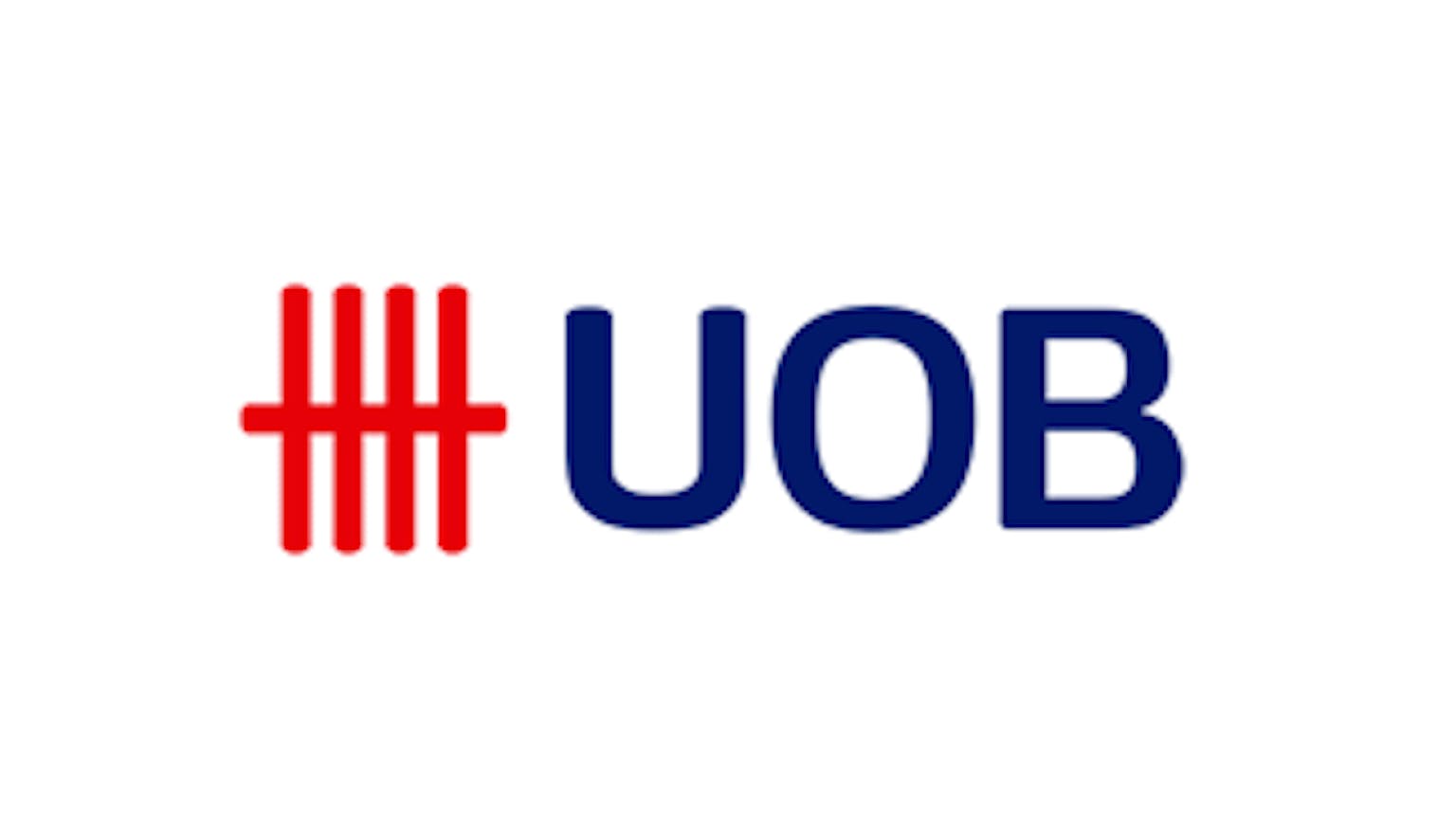

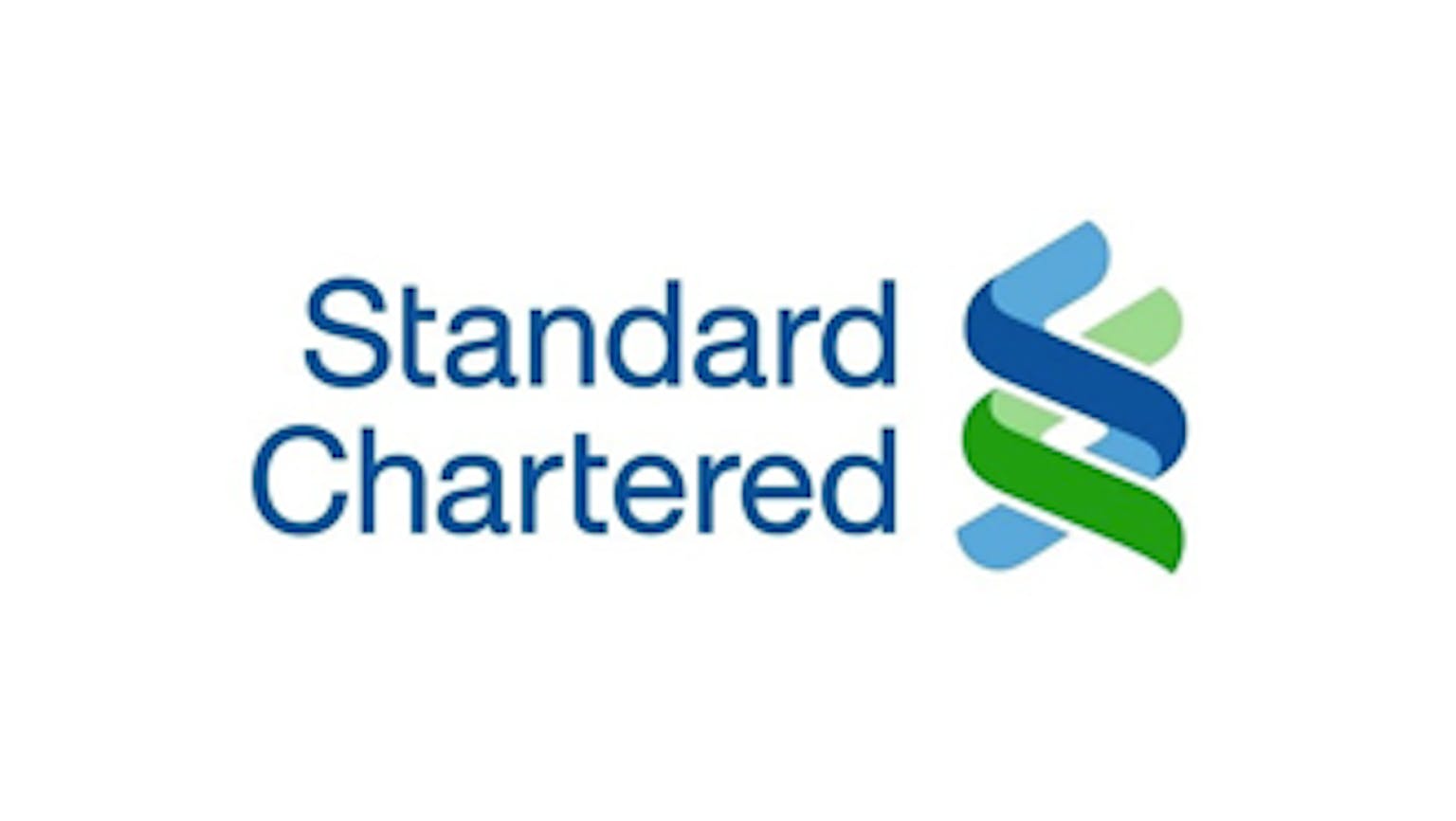
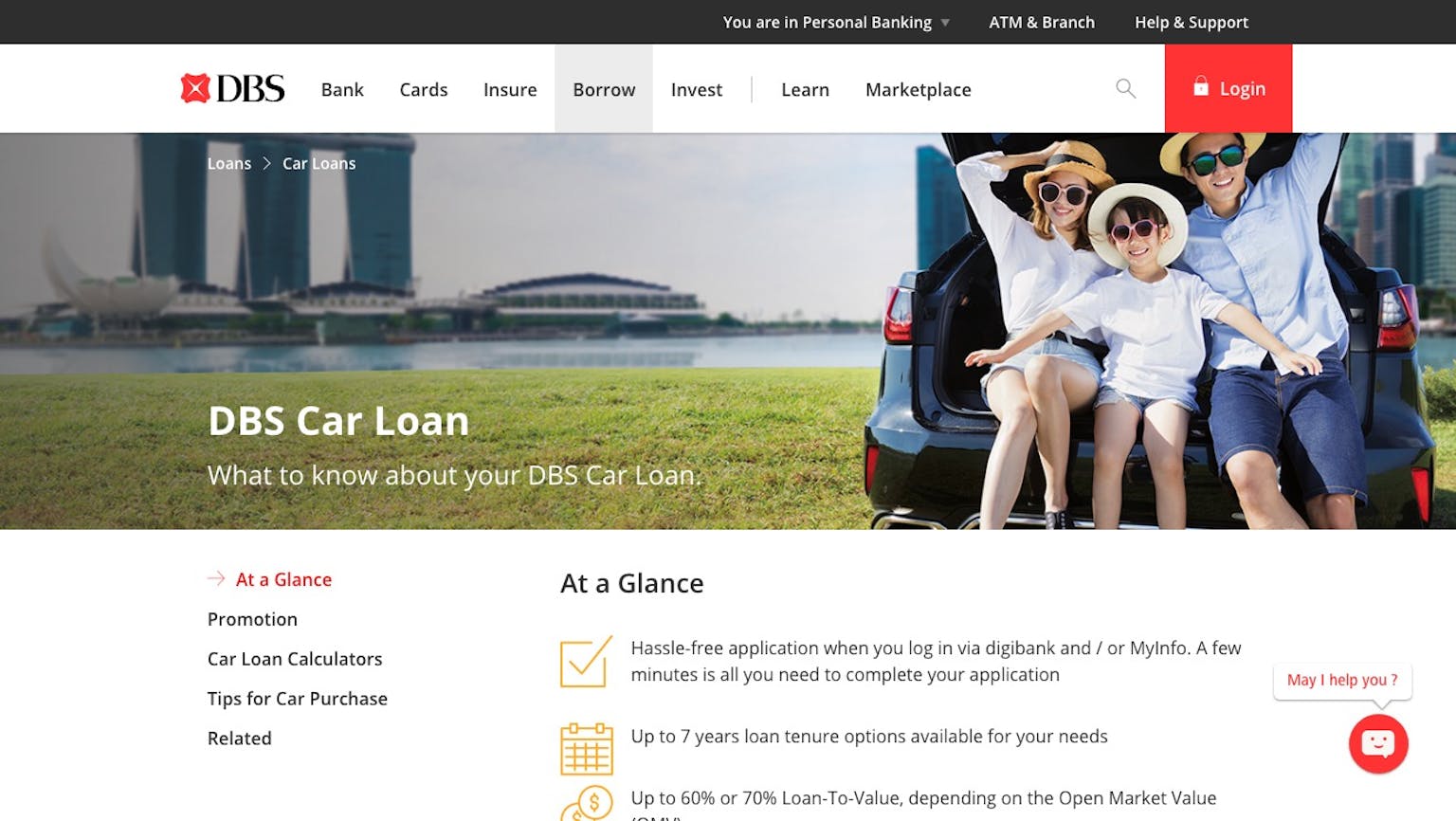
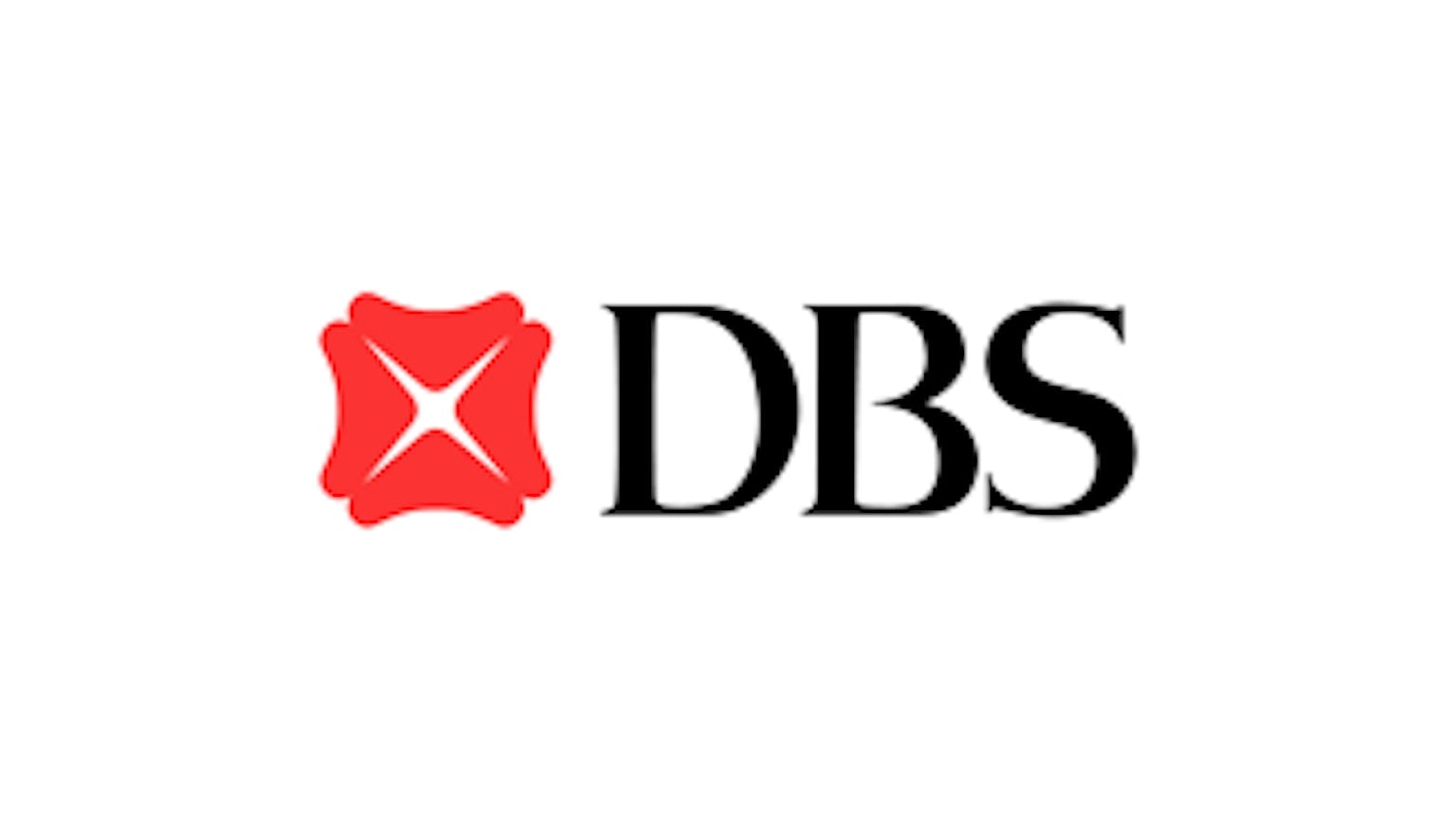
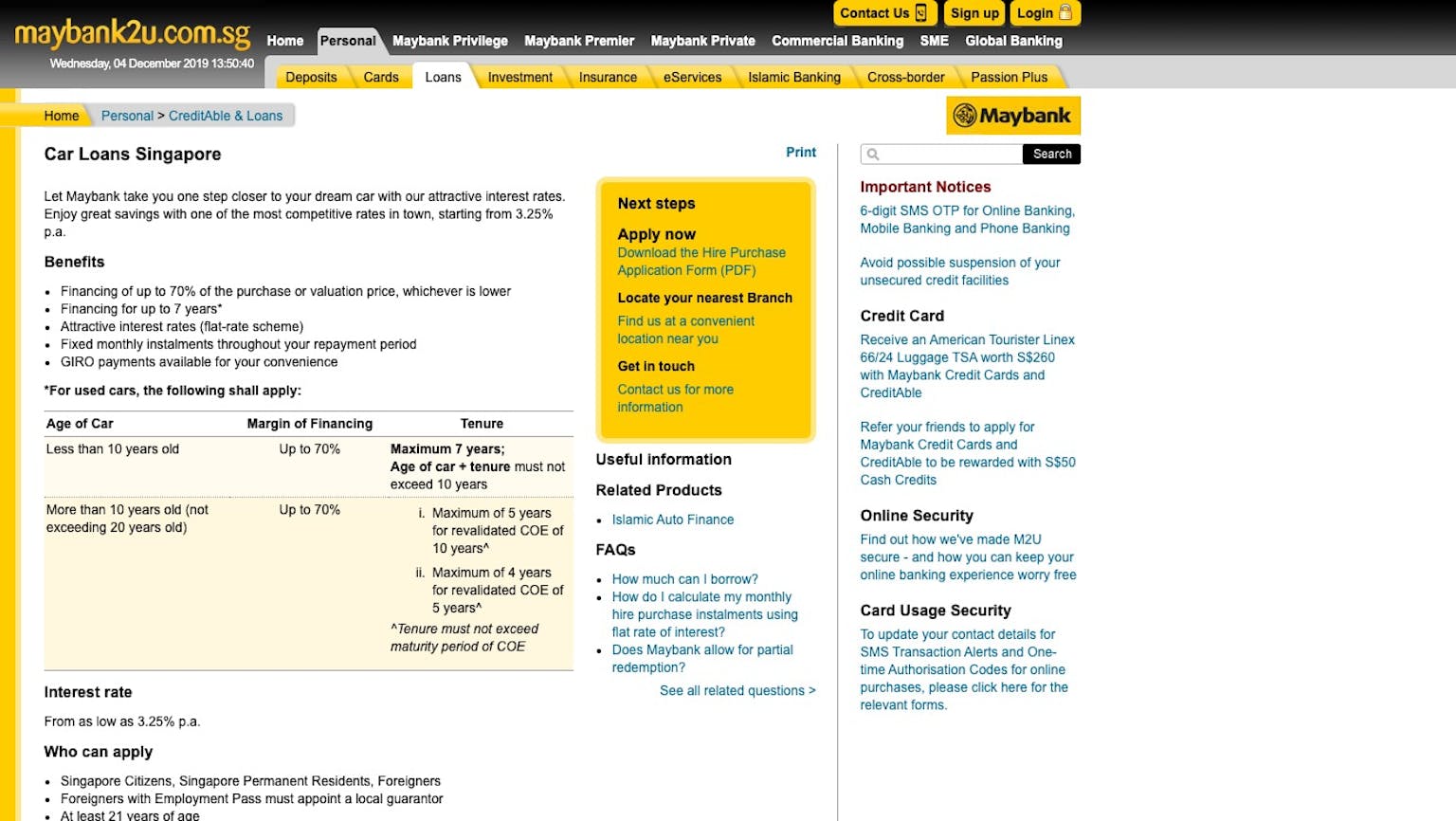
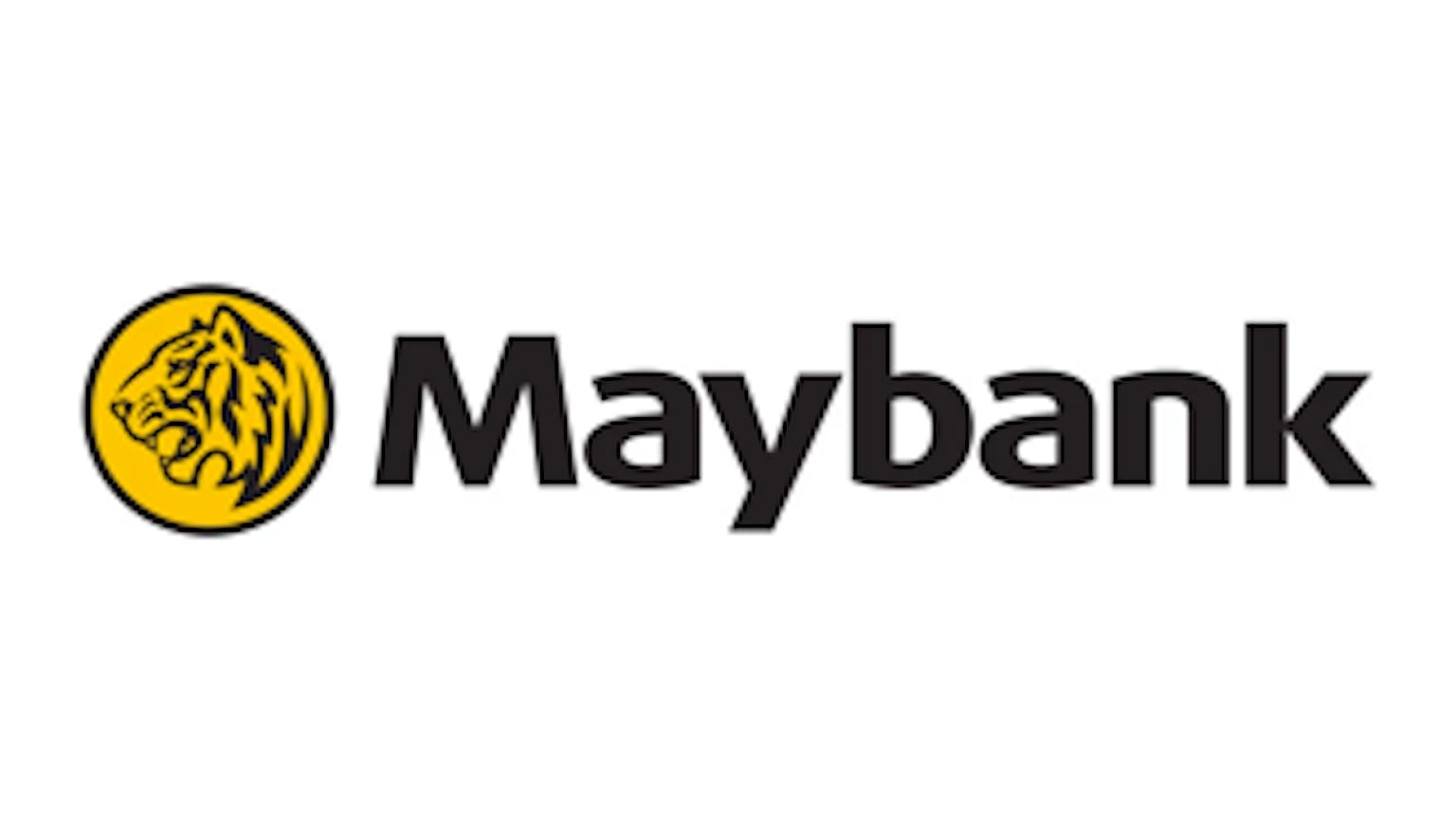

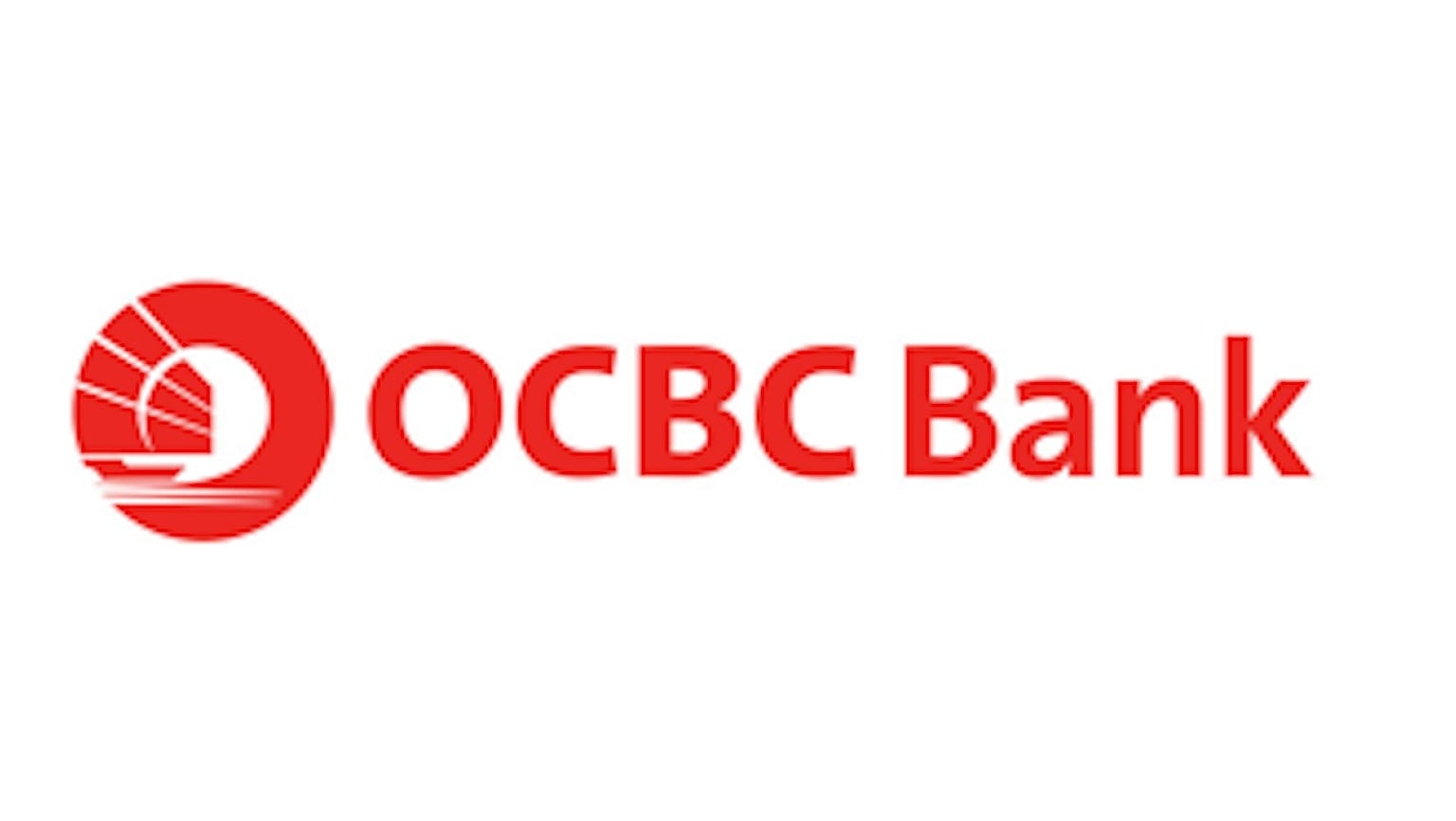


Please leave your knowledge and opinion!